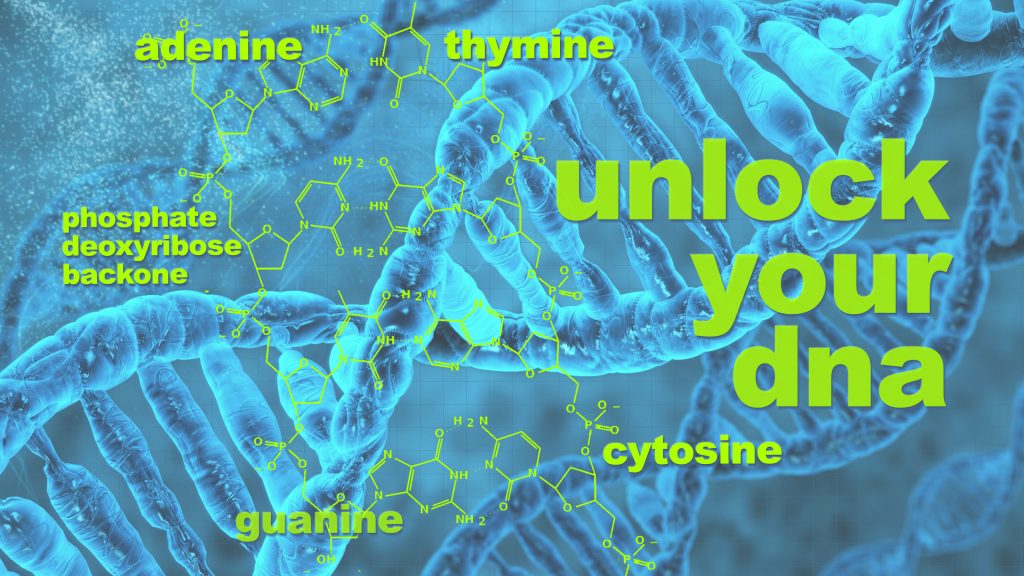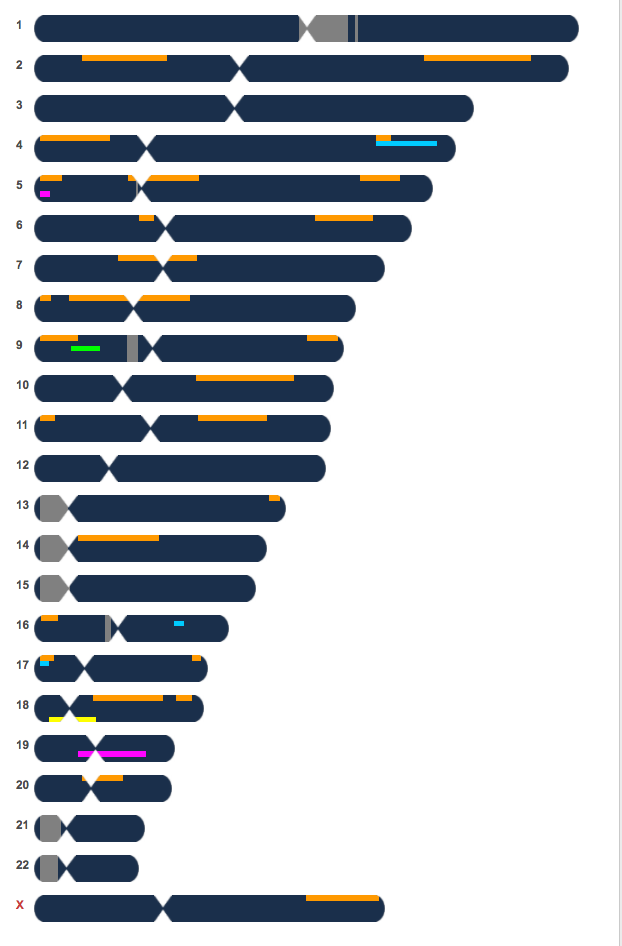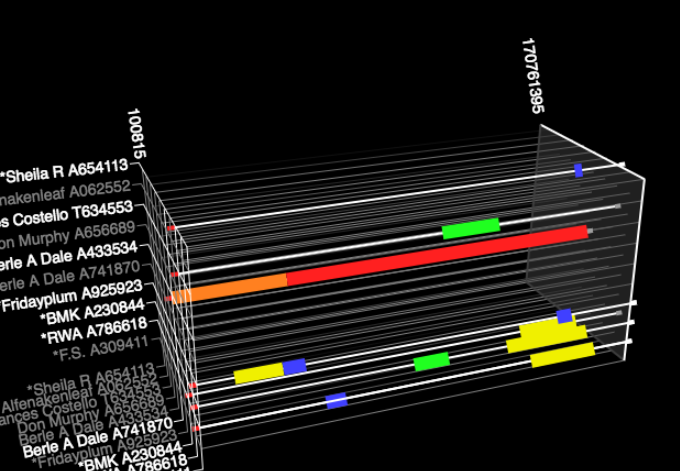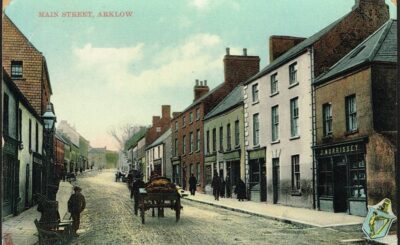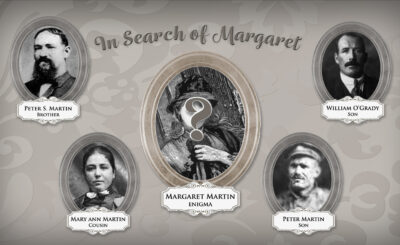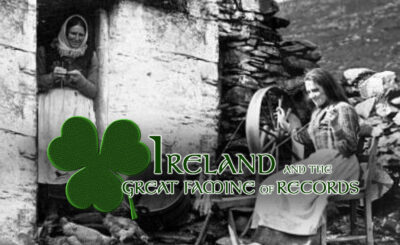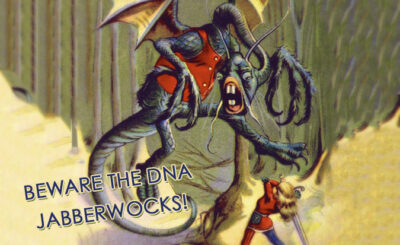So you want to give Great Aunt Sophia a DNA test for her birthday! That’s a GREAT idea! (Although Aunt Sophia may actually prefer chocolate.)
Now the questions begin—What kind do I get? Are the tests reliable? Are they safe? Are they expensive? Which is the best company to use? Will I be amazed at the results?
DNA testing is a powerful tool and can reveal pretty amazing things—but it is a shot in the dark. The success of your results will depend on whether or not the family you are looking for has also had somebody take a DNA test. Still, you never know until you try! Here are some things to consider when testing DNA:
-
-
What kind of test do I get?
There are three main types of DNA testing for family history research. Y-DNA testing follows the male (son-to-father-to-grandfather, etc.) line faithfully back for many generations. Since that is also the traditional path surnames, Y-dNA testing may help pinpoint the origins of the family centuries ago. Two things to be aware of: the testing is expensive and may not yield results; and you may discover that you are not who you thought you were. Be prepared to learn that your McDonald line somehow got tangled with Murphys, and—maybe you’re Irish and not Scottish.
mtDNA is similar to Y-DNA, only for females. Mitochondrial DNA is passed down from generation to generation only from the mother, so mtDNA tests trace the mothers’ line exclusively.
The Autosomal DNA test may be the most helpful in researching family origins. These products test and find matches for 22 chromosomes (excluding the 23rd or “sex” chromosome), for both male and female test takers. The autosomal tests are most helpful for fairly recent generations. Unlike the Y chromosome and the mitochondrial DNA which are handed down from generation to generation undiluted, the amount of DNA from a specific ancestor is roughly halved each generation in the X chromosomes. Autosomal tests are most accurate at showing matches between two people who have a common ancestor five or fewer generations back.
My Recommendation:
Find the oldest living relative of the desired line and have him or her take the autosomal test. Find several if you can. You will have much stronger results if you can get a generation or two back than if you took it yourself, and the more takers, the better your results will be!
-
PRO TIP: Purchase your test through Amazon.com and you can get free shipping! That will save you about $10 you can put toward doing great Uncle Fred’s test, too.
-
Which company is best?
Reviews of the major testing providers show they are all quite reliable. Ancestry, 23andMe, MyHeritage and FamilyTreeDNA.com have been tested on twins and triplets and have returned consistent results. However, each of the companies has different products, strengths, and weaknesses.
FamilyTreeDNA
They are the oldest DNA testing company and are the only one of the four major companies to offer Y-DNA and mtDNA tests. Their database is the smallest at about half a million people. They have only limited family tree capabilities, however they have by far the best tools for understanding and comparing matches with their chromosome browser. FamilyTreeDNA allows uploads of raw data from other companies, with a small charge to access their database; their collection procedure involves a cheek swab.
Ancestry
They have the largest database (6 million) for in-company comparison. Ancestry also has well-established family tree and record-search capabilities (at extra cost). Unfortunately, they have limited tools for comparing matching DNA and they don’t allow uploads from other companies. The tests results are fairly easy to read and understand as far as they go, but they do not provide for chromosome browsing, which allows you to see which specific chromosomes and segments are shared with people you match. Ancestry has also raised concern in some quarters about privacy; they retain the option of selling your anonymized DNA data to pharmaceutical companies for research. Their collection procedure involves spitting into a container.
23andMe
They have about 3 million people in their database, offer no family tree capabilities, and have only a simple chromosome browser. 23andMe also offers (at additional cost) DNA testing for health screening. Their DNA collection protocol involves spitting into a container.
MyHeritage
Their database size lies between FamilyTreeDNA and 23andMe at about 1 million test takers. They are generally less expensive than the other companies, and they allow people to upload DNA from other companies to their site for comparison. However, if you want to access your results to upload elsewhere, they charge an additional fee, which makes them not cheaper any more! Some people prefer MyHeritage’s family tree capabilities. If that appeals to you, then check them out. Their DNA collection method uses a cheek swab.
GedmatchThey are not a DNA testing service, but they are well worth mentioning. Gedmatch provides inter-company DNA comparison as a free service. They allow people to upload raw DNA test results from any company, and offer wonderful tools to identify matching segments on chromosomes, including several kinds of chromosome browsers, downloadable CSV files listing matching regions, and matrices to cross compare multiple matches at once. Pretty awesome!
My Recommendation:
Go with Ancestry, wait for it to go on sale, buy it through Amazon.com, and when you receive your results, upload them to Gedmatch!
-
What about my Ethnic Origins?
Unfortunately, nobody gives an accurate assessment of ethnic origins at this time. If that is the sole reason for testing, don’t even bother. The problem with assigning ethnic origins, is that the companies do not have a balanced database to weigh ethnicity against. Because more people of European ancestry have their DNA tested than those of, say, African or Indian descent, the database and thus the results can’t help but be skewed. There are many things a DNA test can do for you, but this they do not currently do well.

